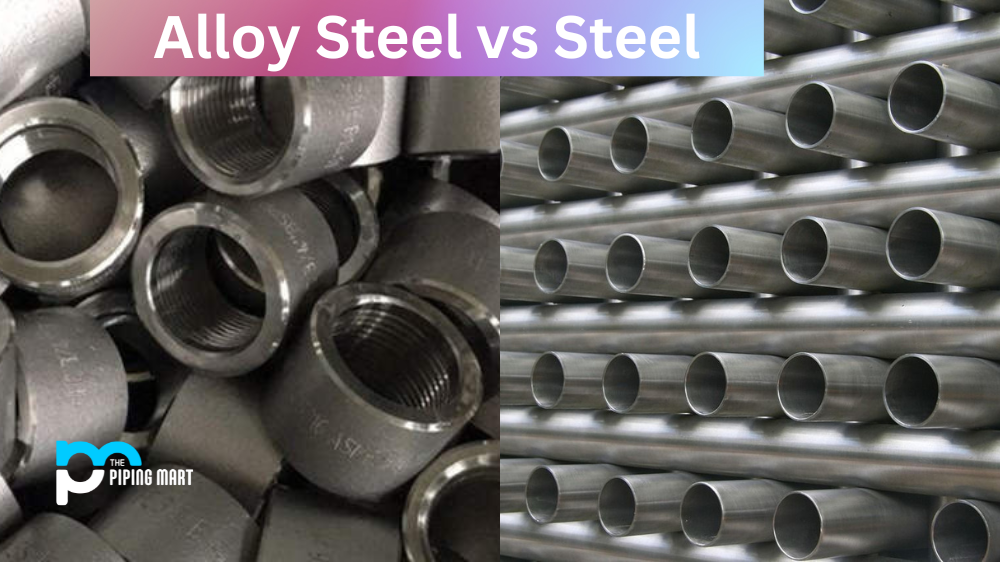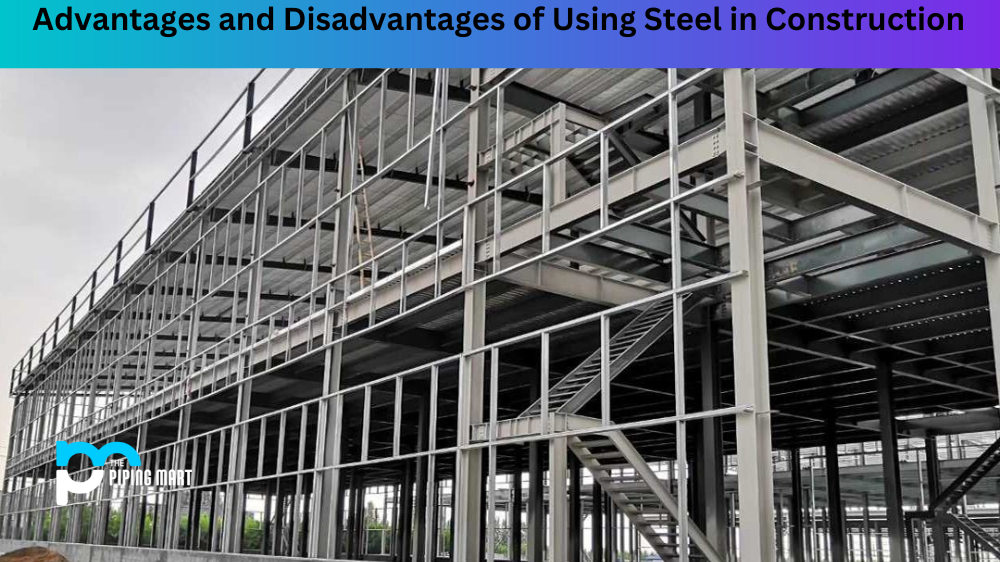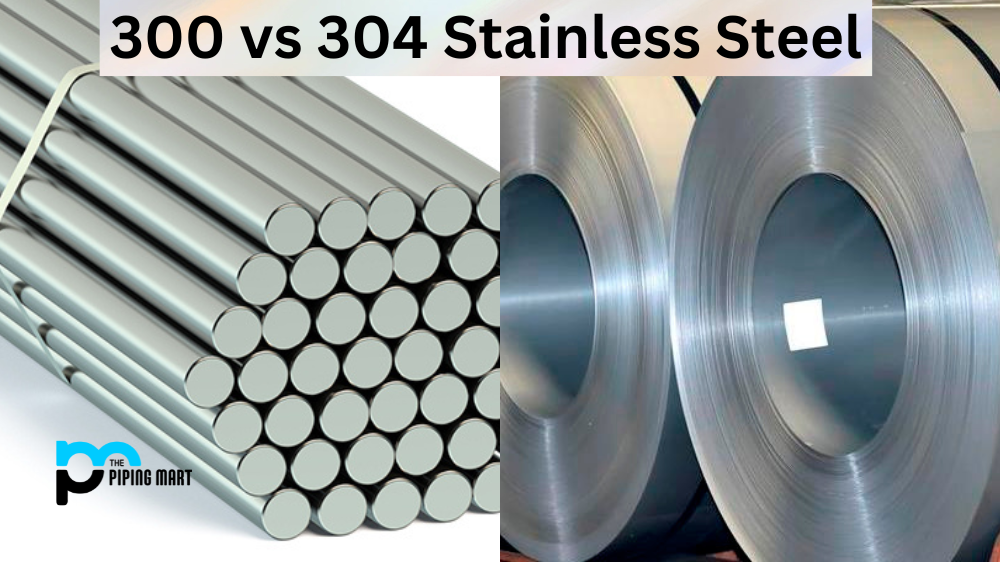Steel is one of the most common materials used in many industries today. It is often used in the production of vehicles, construction materials, tools, and so much more. But did you know there’s also something called alloy steel? What’s the difference between alloy steel and regular steel? Let’s find out!
Difference Between Alloy Steel and Steel
Properties of Alloy Steel
Alloy steel is a type of steel made by combining carbon steel with other elements such as molybdenum, chromium, nickel, niobium, silicon, manganese, titanium and vanadium. The result is a material that has better mechanical properties than regular carbon steel. This makes it ideal for applications where strength and durability are paramount. It is also more resistant to corrosion than regular carbon steel.
Properties of Steel
Regular carbon steel (or just “steel”) is an iron-carbon alloy which contains varying amounts of other elements, such as manganese and sulfur. Carbon steels are known for their malleability and ductility, which make them well-suited for welding and forming purposes. They are also highly resistant to corrosion due to their high content of chromium or nickel. While they have good strength properties compared to other metals like aluminium or copper, they lack the same level of strength found in alloys like alloy steel.
Uses Of Alloy Steel vs Steel
Alloy steels are commonly used in applications that require extra strength or corrosion resistance, such as aircraft components, oil rigs, bridges, heavy machinery parts and automotive components like crankshafts or drive shafts. Regular carbon steels, on the other hand, are used in applications that don’t require extreme levels of strength or corrosion resistance, such as pipes or sheet metal parts for everyday objects like furniture or appliances. Additionally, alloy steels can be heat treated to increase their hardness even further, while regular steels cannot be heat treated in this way due to their low hardness levels already present after manufacture.
- Alloy steel is a type of steel that contains one or more alloying elements.
- Carbon steel is a type of steel that contains carbon as the main alloying element.
- Alloy steel is stronger and harder than carbon steel.
- Carbon steel is less brittle than alloy steel.
- Alloy steel is more resistant to corrosion than carbon steel.
- Carbon steel is less expensive than alloy steel.
Conclusion
In conclusion, both types of steel have their advantages depending on what application you need them for. Alloy steels provide higher levels of strength and corrosion resistance but at the cost of being more expensive than regular carbon steels, which offer better malleability but lack the extreme levels of strength found in alloy steels. Ultimately it depends on what kind of job you’re looking to do; if you need an extremely strong material, then go with alloy steel but if your needs are less demanding, then consider using regular carbon steel instead! Intended Audience: Engineers and those working with metals involved in manufacturing processes who want to learn more about how different types of steel compare when choosing materials for specific projects/applications.

A passionate metal industry expert and blogger. With over 5 years of experience in the field, Palak brings a wealth of knowledge and insight to her writing. Whether discussing the latest trends in the metal industry or sharing tips, she is dedicated to helping others succeed in the metal industry.




